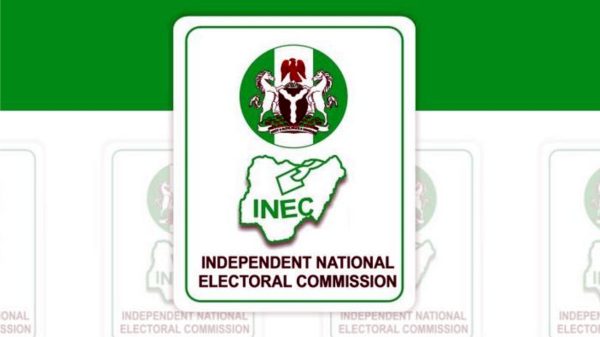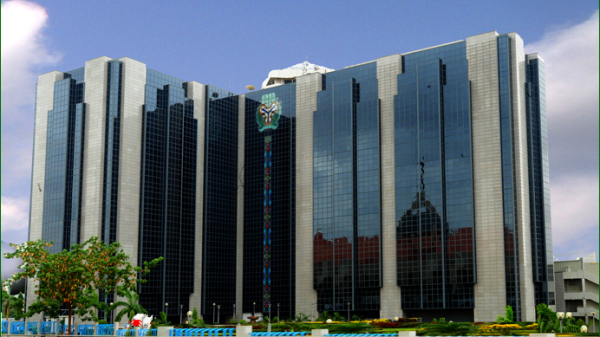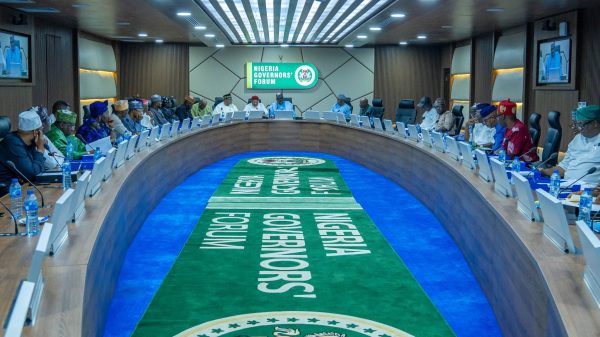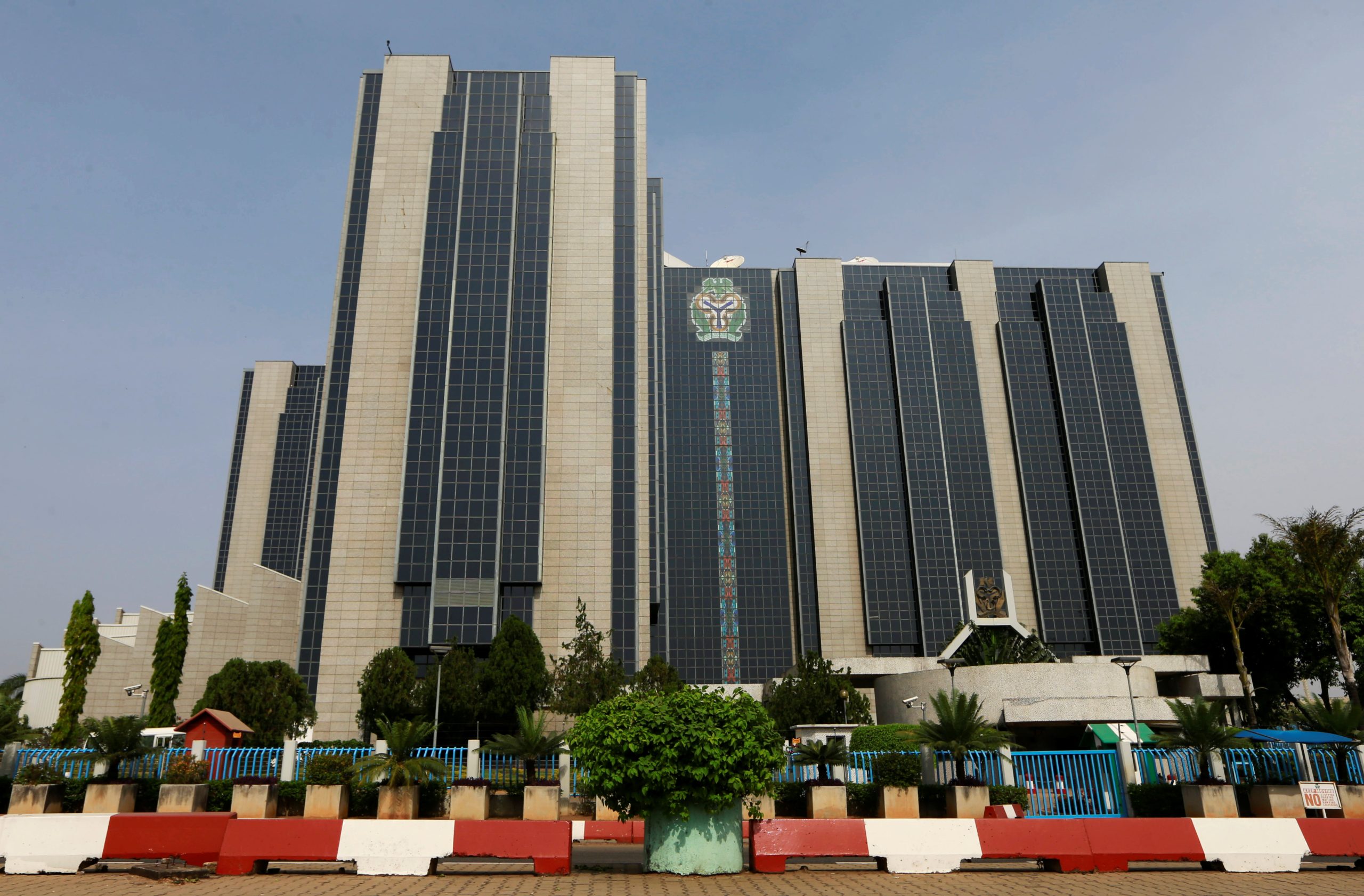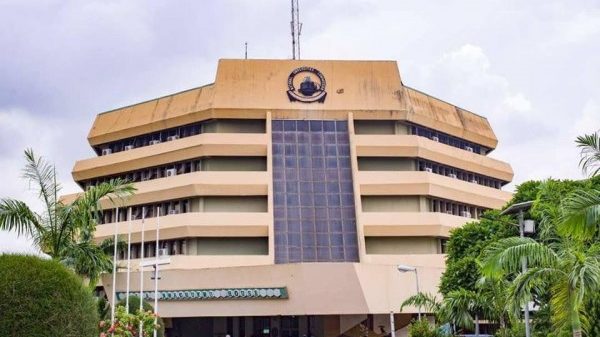On Monday, the Central Bank of Nigeria (CBN) in a circular directed banks and other financial institutions to commence the implementation of a 0.5 per cent cybersecurity levy on electronic transfers.
The circular was signed by Chibuzor Efobi, director of payments system management and Haruna Mustafa, director of financial policy and regulation of the apex bank.
According to CBN, the new policy on ‘Cybersecurity Levy’ would take effect in two weeks
The deduction and collection of the cybersecurity levy were linked to the implementation of the newly enacted Cybercrime (prohibition, prevention etc) Amendment Act of 2024 which was passed by the National Assembly and signed into law by President Bola Tinubu in February.
“Following the enactment of the Cybercrime (Prohibition, Prevention, etc) (Amendment) Act 2024 and under the provision of Section 44 (2)(a) of the Act, “a levy of 0.5% (0.005) equivalent to a half per cent of all electronic transactions value by the business specified in the second schedule of the Act, is to be remitted to the National Cybersecurity Fund (NCF), which shall be administered by the Office of the National Security Adviser (ONSA),” the circular reads.
CBN added that the charges would be remitted to the national cyber security fund, which would be administered by the Office of the National Security Adviser (NSA).
“Deductions shall commence within two (2) weeks from the date of this circular for all financial institutions and the monthly remittance of the levies collected in bulk to the NCF account domiciled at the CBN by the 5th business day of every subsequent month.”
The apex also added that the failure to remit the levy is an offence which attracts a fine of not less than 2 per cent of the annual turnover of the defaulting business, amongst others.
“Finally, all institutions under the regulatory purview of the CBN are hereby directed to note and comply with the provisions of the Act and this circular.”
16 transactions exempted from cybersecurity levy
However, the implementation of the cybersecurity levy exempted 16 banking transactions from being charged. These transactions include:
- Loan disbursements and repayments
- Salary payments
- Intra-account transfers within the same bank or between different banks for the same customer
- Intra-bank transfers between customers of the same bank
- Other Financial Institutions instructions to their correspondent banks
- Interbank placements,
- Banks’ transfers to CBN and vice-versa
- Inter-branch transfers within a bank
- Cheque clearing and settlements
- Letters of Credits
- Banks’ recapitalisation-related funding – only bulk funds movement from collection accounts
- Savings and deposits, including transactions involving long-term investments such as Treasury Bills, Bonds, and Commercial Papers.
- Government Social Welfare Programmes transactions e.g. Pension payments
- Non-profit and charitable transactions, including donations to registered non-profit organisations or charities
- Educational institutions’ transactions, including tuition payments and other transactions involving schools, universities, or other educational institutions
- Transactions involving the bank’s internal accounts such as suspense accounts, clearing accounts, profit and loss accounts, inter-branch accounts, reserve accounts, nostro and vostro accounts, and escrow accounts.








